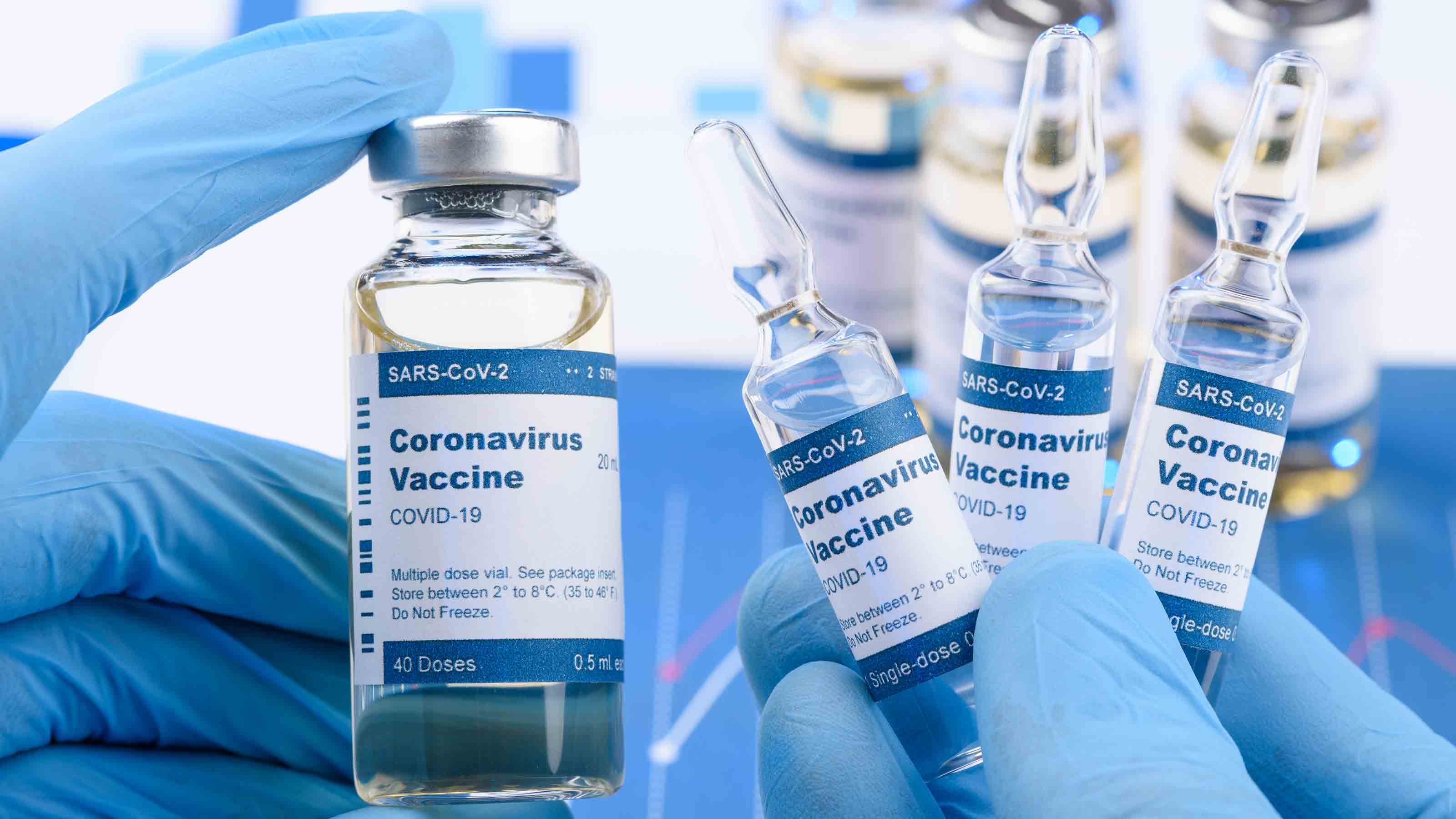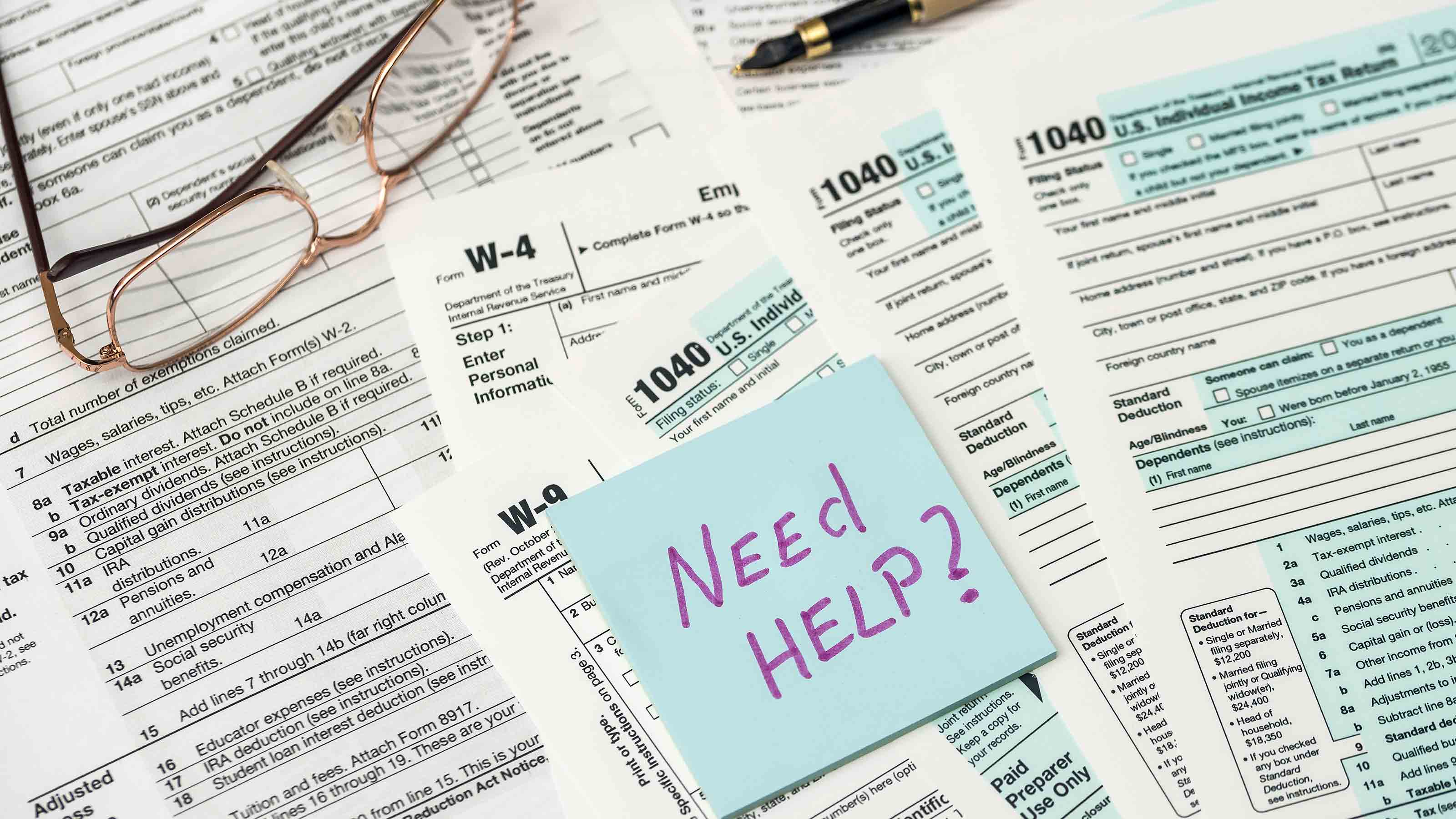10 Things to Be Thankful for in 2020
The pandemic may have kept us inside and apart, but that doesn't mean there isn't any good to be found in 2020.

Profit and prosper with the best of Kiplinger's advice on investing, taxes, retirement, personal finance and much more. Delivered daily. Enter your email in the box and click Sign Me Up.
You are now subscribed
Your newsletter sign-up was successful
Want to add more newsletters?

Delivered daily
Kiplinger Today
Profit and prosper with the best of Kiplinger's advice on investing, taxes, retirement, personal finance and much more delivered daily. Smart money moves start here.

Sent five days a week
Kiplinger A Step Ahead
Get practical help to make better financial decisions in your everyday life, from spending to savings on top deals.

Delivered daily
Kiplinger Closing Bell
Get today's biggest financial and investing headlines delivered to your inbox every day the U.S. stock market is open.

Sent twice a week
Kiplinger Adviser Intel
Financial pros across the country share best practices and fresh tactics to preserve and grow your wealth.

Delivered weekly
Kiplinger Tax Tips
Trim your federal and state tax bills with practical tax-planning and tax-cutting strategies.

Sent twice a week
Kiplinger Retirement Tips
Your twice-a-week guide to planning and enjoying a financially secure and richly rewarding retirement

Sent bimonthly.
Kiplinger Adviser Angle
Insights for advisers, wealth managers and other financial professionals.

Sent twice a week
Kiplinger Investing Weekly
Your twice-a-week roundup of promising stocks, funds, companies and industries you should consider, ones you should avoid, and why.

Sent weekly for six weeks
Kiplinger Invest for Retirement
Your step-by-step six-part series on how to invest for retirement, from devising a successful strategy to exactly which investments to choose.
In 2020, more than ever, we all need this list. So, for just a moment, try to forget the pandemic, the political divide and the economic challenges that we continue to confront every day. Cozy up in your favorite seat, and embrace what’s going right in the world -- and all the better things to come.
From Kiplinger to your family, have a safe and happy holiday season!

A COVID Vaccine Is Coming Soon
Pfizer and BioNTech recently announced the full results of their COVID-19 vaccine trial as being 95% effective, the same as reported for Moderna’s vaccine. By the time you read this, the drugmakers are likely to have applied to the FDA for Emergency Use Authorization. Johnson & Johnson and AstraZeneca are next up to report the results of their trials, which should come before the end of the year. Novavax should be reporting soon after that.
Attention now shifts to distributing the vaccines. The Pfizer vaccine could start shipping in limited quantities for high-priority recipients in December.

A New Bull Market
Investors have a lot to be thankful for when it comes to the stock market. Yes, an 11-year old bull market ended in February, but the bear market that followed, shaving 34% off the S&P 500, was gone in a blink. By the Monday of Thanksgiving week, investors were sitting on a return (including dividends) of 61% from the low and 12% for the year. How can stocks rally with the country facing such monumental public health and economic challenges? Because the market has an uncanny ability to look ahead—and it sees better days coming.

6G Technology Already in the Works
As 5G approaches nearly 200 million global subscribers this year, industry, academia and governments are already working on 6G technology, which will hit the scene in 2030 or so, once the various kinks are worked out.
What will the most advanced wireless technology look like in a decade? Think stunningly lifelike digital worlds and intelligence everywhere, courtesy of connectivity that is ubiquitous, ridiculously fast and highly responsive. Hypothetical speeds will be 50-100 times faster than the limits of 5G. What will be possible: Sending your doctor a secure update on your health in the morning via biosensors. Playing a multiplayer virtual-reality game in the park. Coordinating autonomous cars or thousands of drones during an emergency. Bouncing wireless signals off nearby objects to construct 3D holographic images.

A New Helper in the Fight for Lower Prescription Drug Prices
Drug cost increases have slowed in recent years due in part to greater competition, but high prices persist for many specialty drugs.
One factor that may help rein in prescription drug prices for many patients: The market for biosimilars is expected to take off over the next few years. These are the much cheaper generic equivalents to biologics, complex drugs that are produced from natural sources, instead of being chemically synthesized. These include Avastin, a widely prescribed cancer medication, among several others. Sales of biosimilars could reach $80 billion over the next five years, helping to reduce overall spending on prescription medicines by $100 billion over the same period, as greater competition, with cheaper options, lowers prices. Only a fifth of the $211 billion biologics market faces generic competition.

More Personal Savings, Less Debt
One silver lining of the pandemic: Consumers are socking away savings. Some 45% of Americans say they’re saving more than usual, according to a survey by the Associated Press and the NORC Center for Public Affairs Research.
Collectively, they’ve saved $6.5 trillion more this year than they did last year. Fears about what might happen to the economy in general and their jobs in particular supplied the motivation. Government stimulus money provided some of the extra cash. Plus, many people are saving on all the travel and meals out that they’ve been skipping. Expect consumers to stay cautious and tight-fisted until COVID-19 recedes, hopefully by next year, with the personal savings rate -- which measures the amount of money Americans have left over each month after spending and taxes -- gradually falling from 17.8% now.
Many households have also been paying down debt. Before this spring, household debt hadn’t declined since 2014. Most of the drop has been in credit card debt -- down 7.5% from a year ago.

‘Virtually Unhackable’ Networks
The Department of Energy is laying the foundation for a new quantum internet. The idea: An “unbreakable” network of secure, next-generation computers, enabled by quantum mechanics. The agency’s 17 national laboratories will serve as the backbone of the new system, which should be completed within a decade. Such networks aim to exploit the peculiarities of quantum physics, in which particles can exist in multiple states at the same time and become entangled, sharing information with each other over long distances without a physical connection. In theory, they would be “virtually unhackable,” per Department of Energy officials, since the very act of trying to intercept quantum transmissions can also destroy them.

A New Law That Helps Retirement Savers
Provisions of the SECURE -- Setting Every Community Up for Retirement Enhancement -- Act kicked into law in 2020, affecting your ability to save money for retirement and influence how you use the funds over time. While some provisions are administrative in nature or intended to raise revenue, most of the changes are taxpayer-friendly measures designed to boost retirement savings.
Among other benefits of the law, retirees won’t need to take required minimum distributions until age 72 (back from 70 ½) -- enabling retirement funds to grow for an extra year-and-a-half before tapping into them. And older workers can now contribute to IRAs, while part-time workers of all ages will be able to contribute to 401(k)s.

ID Theft Is Slowing Down
As of the end of September 2020, more than 292 million individuals had had their identities compromised—meaning hackers accessed personal information that could be used in ID theft.
That sounds like a daunting number, but it’s actually a 60% drop from the same time in 2019, according to the Identity Theft Resource Center (ITRC), a nonprofit organization that supports victims of identity crime. Also, the number of publicly reported data breaches was down 30% year over year.

Cheaper Gene Sequencing
The cost of gene sequencing continues to fall, with prices declining from nearly $100 million per genome in 2001 to less than $1,000 per genome today -- a rate of improvement faster than Moore’s law for computers. The ability to quickly and cheaply decode a person’s DNA holds great promise for health care, offering the possibility of more personalized medical treatment, tailored to a patient’s unique genetic makeup. Also, more rapid virus response: The speed with which scientists sequenced the genome of COVID-19 earlier this year -- in weeks, rather than months -- is a testament to this growing genetic power.
The next big target: A $100 genome, the point at which DNA sequencing will become widely accessible and affordable to a large swath of the population. Experts say this milestone will probably be reached in less than a decade, maybe sooner. (The Chinese firm BGI claims to have already invented a machine with this capability, though many are skeptical.) Illumina, the current market leader in gene sequencing tech, also says it is on the cusp of breaking the $100 barrier.

Amending Your Tax Return Got Easier
Starting in 2020, fixing errors on your tax return has become less of a hassle. For the first time, taxpayers will be able to file Form 1040X, the document used to amend tax returns, electronically. Taxpayers amend their federal tax returns for all kinds of reasons—for failing to report some income, for example, or because of an overlooked deduction that would have lowered their tax bill. But in the past, you had to submit the form by mail. You could use tax software to fill out the form, but you had to print it out and mail it in. “E-filing has been one of the great success stories of the IRS, and more than 90% of taxpayers use it routinely,” IRS commissioner Chuck Rettig said in a statement. “But the big hurdle that’s been remaining for years is to convert amended returns to this electronic process.”
Although taxpayers generally have up to three years from the date they filed their original return (or two years from the date they paid any tax due) to amend a return, e-filing will initially be limited to 2019 tax returns, the IRS says. If you want to amend an earlier return on Form 1040X, you’ll still have to print it out and mail it in.
Profit and prosper with the best of Kiplinger's advice on investing, taxes, retirement, personal finance and much more. Delivered daily. Enter your email in the box and click Sign Me Up.
-
 5 Vince Lombardi Quotes Retirees Should Live By
5 Vince Lombardi Quotes Retirees Should Live ByThe iconic football coach's philosophy can help retirees win at the game of life.
-
 The $200,000 Olympic 'Pension' is a Retirement Game-Changer for Team USA
The $200,000 Olympic 'Pension' is a Retirement Game-Changer for Team USAThe donation by financier Ross Stevens is meant to be a "retirement program" for Team USA Olympic and Paralympic athletes.
-
 10 Cheapest Places to Live in Colorado
10 Cheapest Places to Live in ColoradoProperty Tax Looking for a cozy cabin near the slopes? These Colorado counties combine reasonable house prices with the state's lowest property tax bills.
-
 9 Types of Insurance You Probably Don't Need
9 Types of Insurance You Probably Don't NeedFinancial Planning If you're paying for these types of insurance, you may be wasting your money. Here's what you need to know.
-
 Amazon Resale: Where Amazon Prime Returns Become Your Online Bargains
Amazon Resale: Where Amazon Prime Returns Become Your Online BargainsFeature Amazon Resale products may have some imperfections, but that often leads to wildly discounted prices.
-
 Roth IRA Contribution Limits for 2026
Roth IRA Contribution Limits for 2026Roth IRAs Roth IRAs allow you to save for retirement with after-tax dollars while you're working, and then withdraw those contributions and earnings tax-free when you retire. Here's a look at 2026 limits and income-based phaseouts.
-
 Four Tips for Renting Out Your Home on Airbnb
Four Tips for Renting Out Your Home on Airbnbreal estate Here's what you should know before listing your home on Airbnb.
-
 Five Ways to a Cheap Last-Minute Vacation
Five Ways to a Cheap Last-Minute VacationTravel It is possible to pull off a cheap last-minute vacation. Here are some tips to make it happen.
-
 How Much Life Insurance Do You Need?
How Much Life Insurance Do You Need?insurance When assessing how much life insurance you need, take a systematic approach instead of relying on rules of thumb.
-
 When Does Amazon Prime Day End in October? Everything We Know, Plus the Best Deals on Samsonite, Samsung and More
When Does Amazon Prime Day End in October? Everything We Know, Plus the Best Deals on Samsonite, Samsung and MoreAmazon Prime The Amazon Prime Big Deal Days sale ends soon. Here are the key details you need to know, plus some of our favorite deals members can shop before it's over.
-
 How to Shop for Life Insurance in 3 Easy Steps
How to Shop for Life Insurance in 3 Easy Stepsinsurance Shopping for life insurance? You may be able to estimate how much you need online, but that's just the start of your search.
